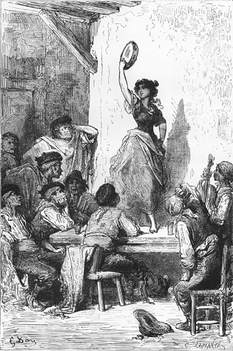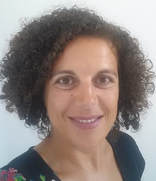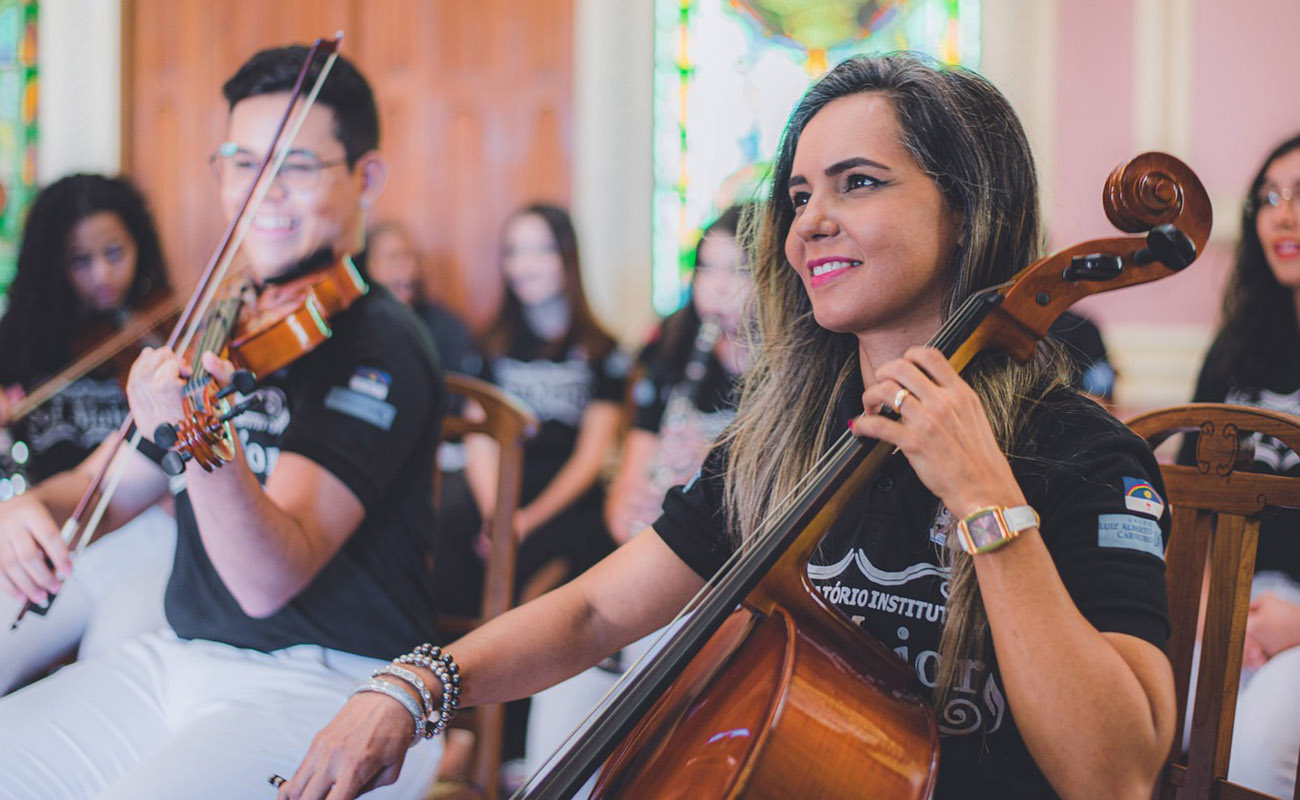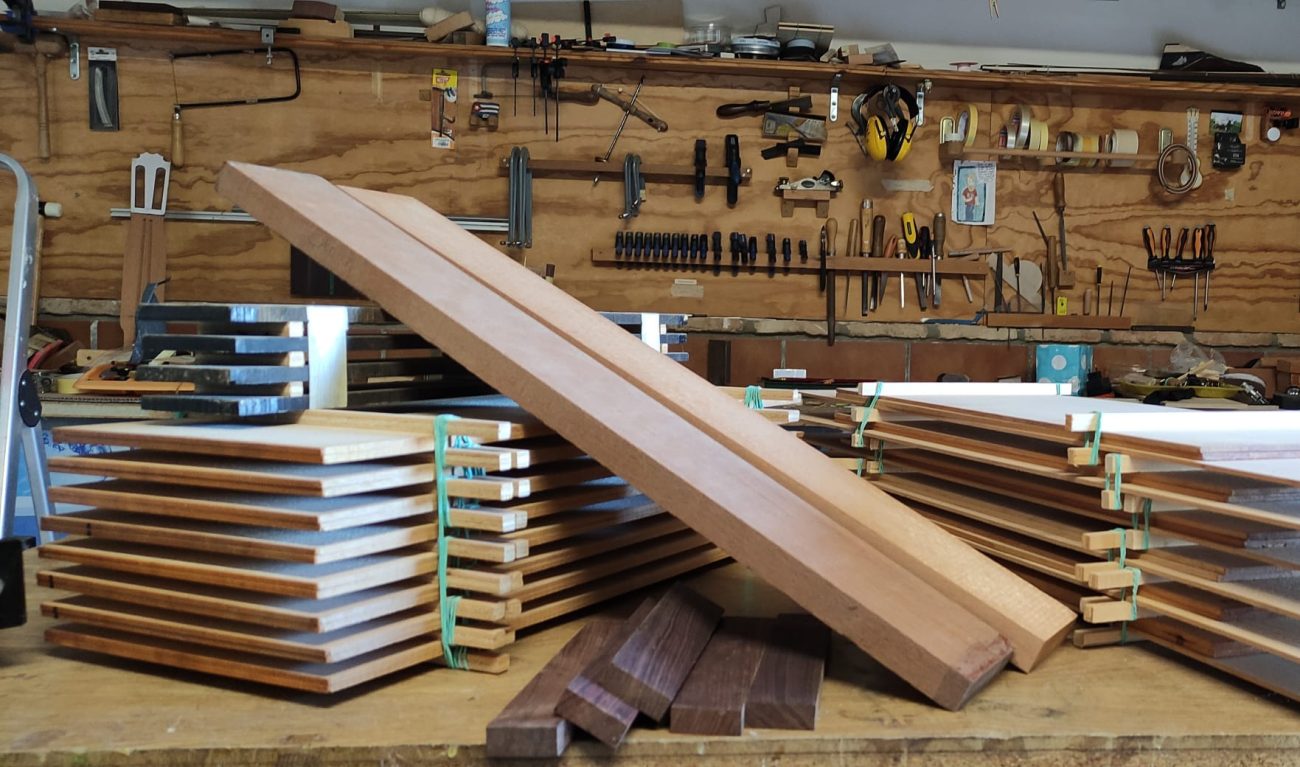Let’s talk about flamencas, in their own right
“Why don’t you research men?”, my father, a keen aficionado, asked me when he learned about my commitment of giving a voice to female flamenco artists

“Why don’t you research men?”, my father, a keen aficionado, asked me when he learned about my commitment of giving a voice to female flamenco artists, flamencas, who had been silenced through history, His reaction is not unusual, because for many people it’s still hard to understand that, well into the 21st century, we women still have the need to vindicate ourselves… Even more so in the world of flamenco, which has such renowned female artists as the great Pastora Pavón. We must also acknowledge that male chauvinism and inequality exist in this art, although not in greater measure than in the society where it develops. That is, there is male chauvinism in flamenco, but just at the “normal” level.
I can’t say that I’ve been the victim of flamenco sexism or discrimination myself, because, fortunately since I entered this world, as aficionada and pushy researcher, I’ve always been treated very well in the different flamenco environments I’ve been to. Yet, I’ve been the witness or confident in some situations which have been, to say the least, shocking and unappropriated for our days. For example, a young artist told me that, when she started to perform as palmera, she was held to a much higher standard than her colleagues, just because she was a woman.
Nowadays, when it comes to percussion, as well as flamenco guitar, the role of women is virtually as a token, as there are still people who think that the sense of rhythm is determined by chromosomes. Something similar happens regarding certain cantes, such as the seguiriya, which Fernando el de Triana, in 1935, called “masculine”. Much more recently, around 2016, I was astonished when I heard, in a forum of flamenco researchers, that women had a hard time performing that particular palo.
Yet, that’s not the end of it. Well into the 21st century, women are still judged by their physical appearance… Whoever doesn’t believe this can talk to a young and successful cantaora who was invited to sit on the stage of a peña before starting her performance, in order to decorate the space. In the extreme opposite, a few weeks ago I was telling the story of the mother of a pre-teen artist in the same type of venue who was told to change her daughter’s outfit because, for some strange reason, apparently cante doesn’t sound as good when the artists wear a skirt.
To finish my stories, as I don’t want to make people to feel bored, last year I attended a course of flamenco in the University of Seville, where great performers of soleá were mentioned, such as La Andonda and Merced La Serneta. My initial joy soon became rage when I realized that the only information given about them referred to the men with whom their reportedly shared their beds. It’s not that this detail is not important, because the personal lives of artists have a significant influence in their creativity. However, it seems that this logic only applies to women, because the professor giving the lecture never mentioned the relationships of Silverio, Chacón or Mairena.
Situations like these make evident that, despite all the advances in the last few years, many prejudices and stereotypes that have nothing to do with reality still prevail, and the only antidote to destroy them is knowledge.
That’s why researching flamenco is so important, in order to bring to light the stories and testimonials of so many forgotten female flamenco artists who still have a lot to say: women like Adela Cubas, Matilde Cuervas or Victoria de Miguel, who were very successful guitarists in the early 20th century, great performers of seguiriyas such as María la Serrana, Isabelita de Jerez, Luisa la Pompi or María Borrico, who also created the seguiriya de cambio which bears her name, and famous stars of this art such as Trinidad Cuenca o Juana la Macarrona, who were admired and acclaimed in the international scene. All of them make clear that in flamenco, just like in life, there is no goal, no matter how ambitious, that women cannot achieve.

Ángeles Cruzado Rodríguez




